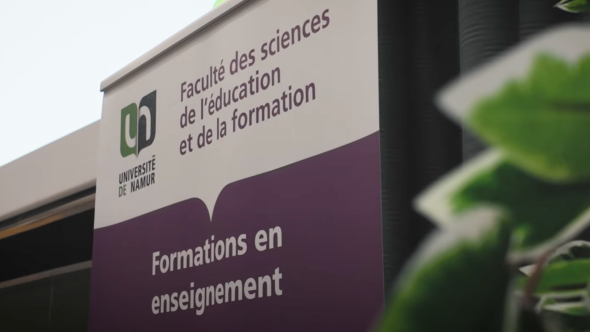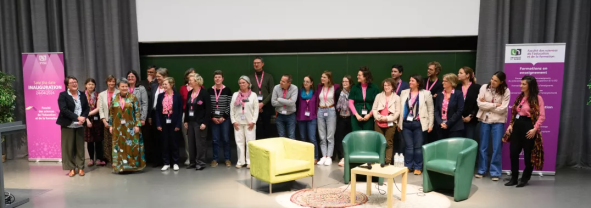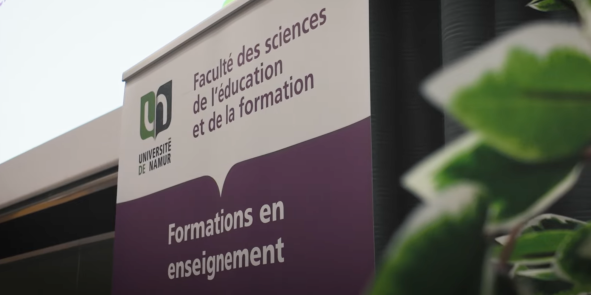UNamur trains tomorrow's teachers: a look back at the inauguration of the FaSEF
In September 2023, a new page in UNamur's history was written with the creation of the Faculty of Education and Training Sciences (FaSEF). The only one of its kind in French-speaking Belgium, the FaSEF houses programs for initial and in-service teacher training, as well as training for middle managers in the education sector and for support and training professionals in various professional fields. It also fulfills research and service missions for the academic community and society at large. Bringing together researchers in educational sciences, coaches, trainers, educational psychologists, didacticians and techno-pedagogues, it promotes training and coaching as well as research in educational sciences. On April 24, 2024, an event bringing together numerous players in the sector was organized to celebrate the official inauguration of this 7th faculty.


